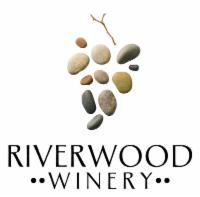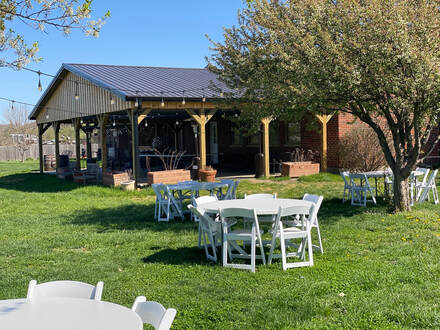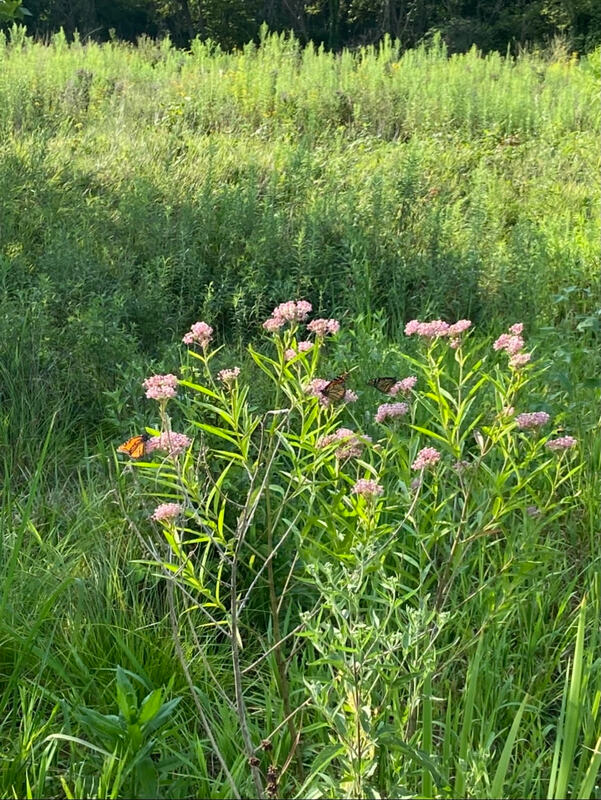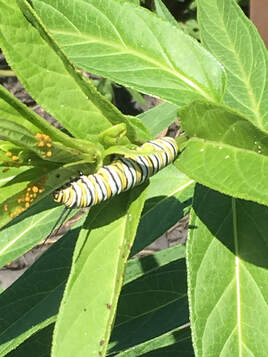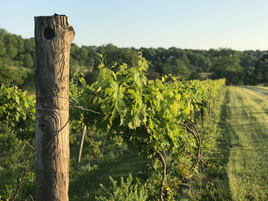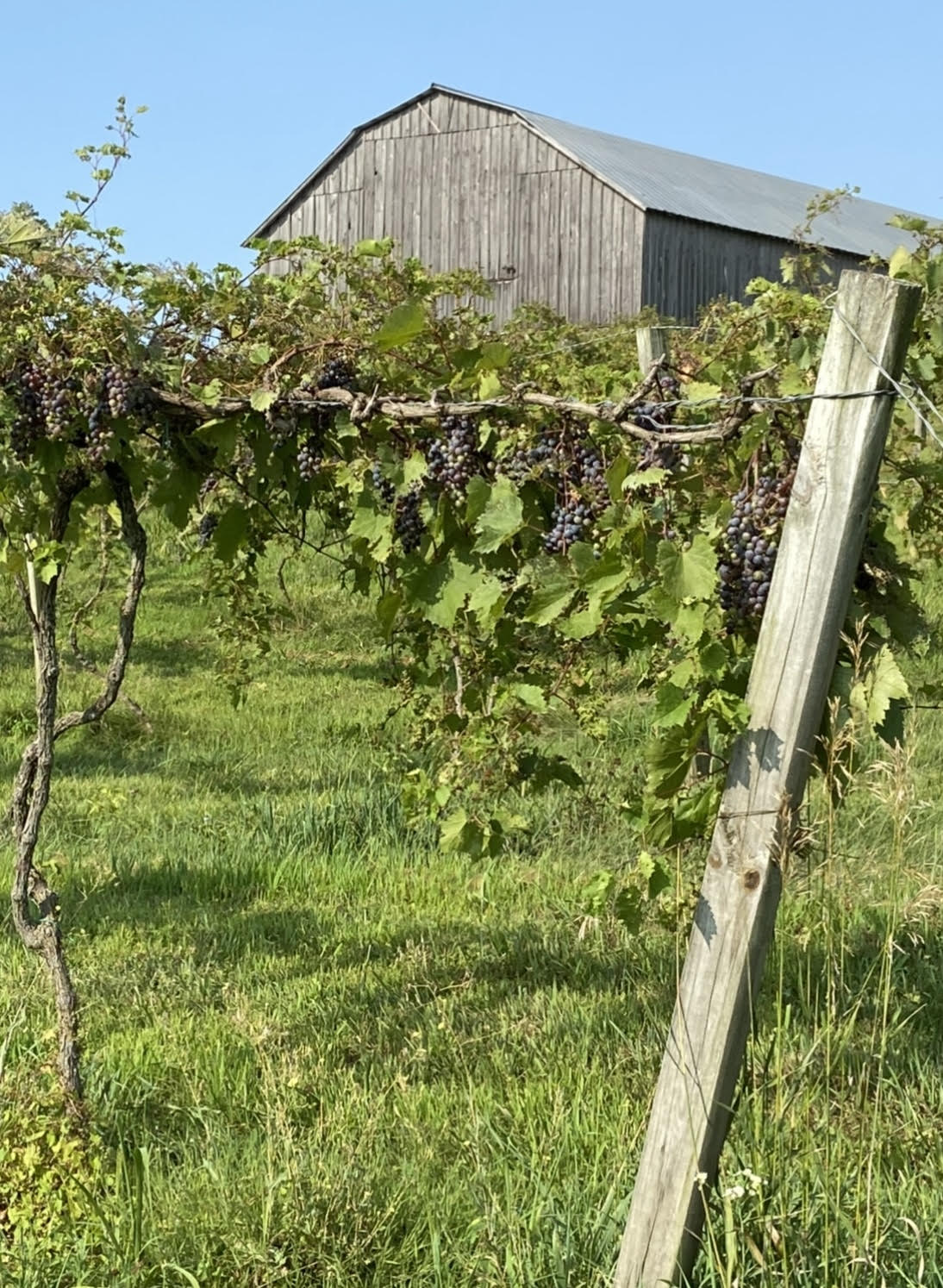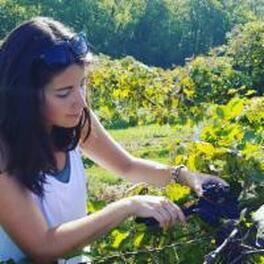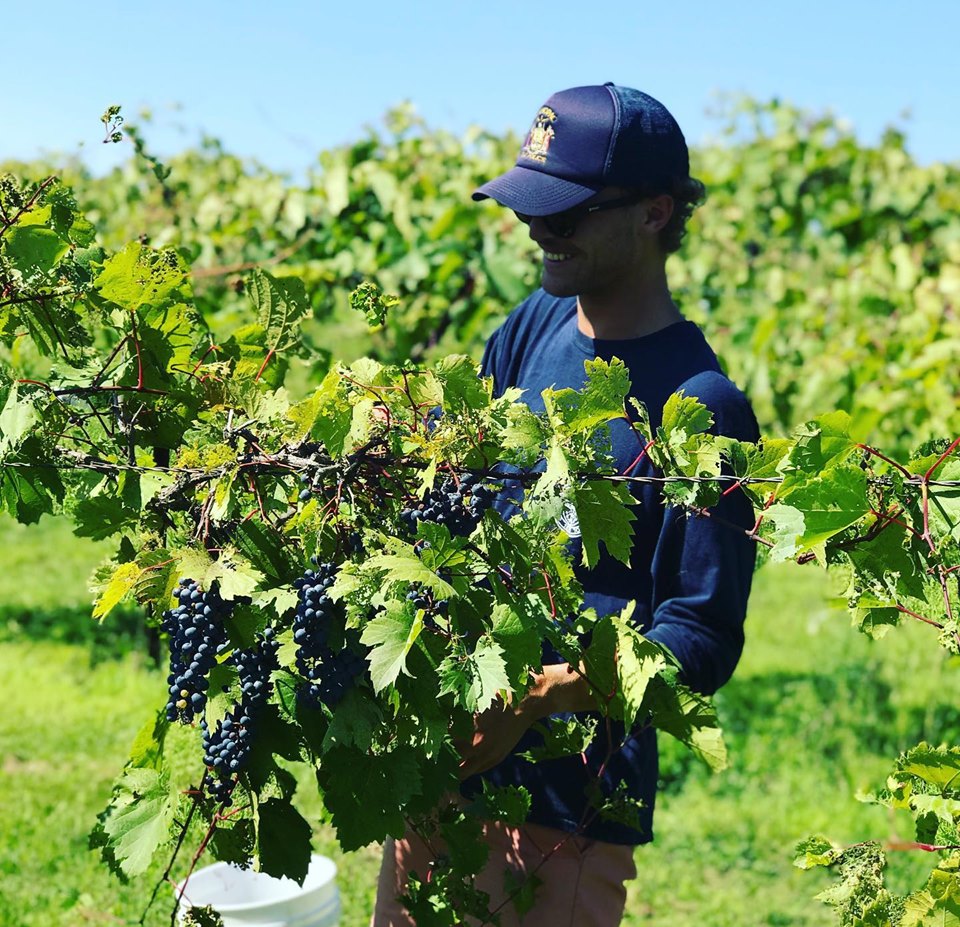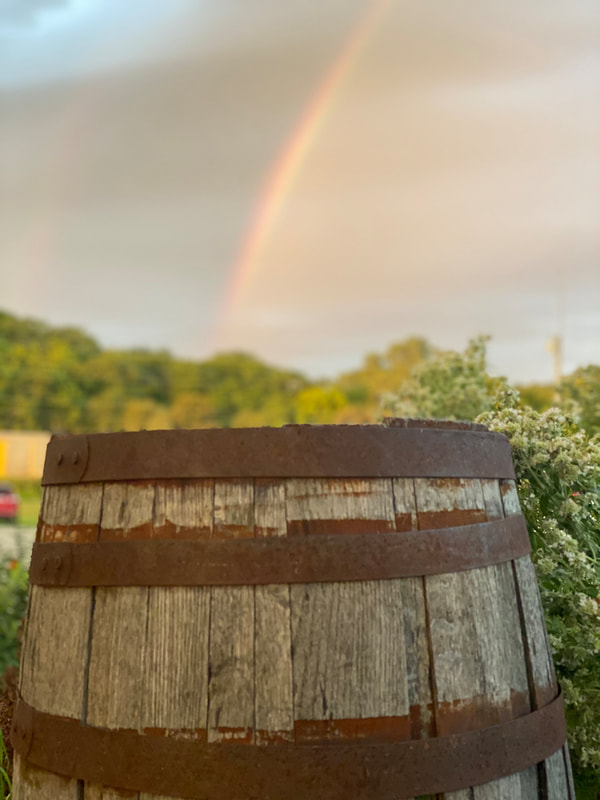SUSTAINABILITY STATEMENT
At Riverwood Winery we are firmly committed to sustainability and environmental preservation. While we always strive to make a big impact on those who visit us, we leave as little impact as we can on our planet. Producing wines, even on a smaller scale, provides abundant opportunities to take responsible action, from how we grow our grapes to maintaining our facilities year-round. We are proud of the steps we have taken and look forward to taking more as we grow. Here are just a few examples of the things we do to foster sustainability and environmental preservation.
|
The Tasting Room and Gift Shop
|
|
The Vineyard
|
Wine Production
- Since 2007, Riverwood Winery has been producing delicious premium wines and ciders. In 2016 we expanded our wine production capabilities with a 2400 square foot facility which was built around sustainability.
- The production facility was simply and sturdily constructed by local Mennonite builders and uses safe, high-efficiency insulation to keep heating and cooling impacts to an absolute minimum. All overhead lighting is provided by LEDs to further reduce our carbon footprint.
- The production facility includes a rooftop grid solar array which provides well over thirty percent of all energy used to operate both the Tasting Room building and the production building.
- Waste water and byproducts of wine production are disposed of via floor drains which lead to a septic system, meaning the lees from our wines feed the flowers outside!
- Recycling is a foundational element of sustainability. All spent bottles are taken to local recycling facilities, so our guests can enjoy themselves, knowing that their fun will not lead to pollution.
- For wine closures we use natural cork rather than artificial closures. Natural cork is 100% renewable, recyclable and biodegradable. Cork production is eco-friendly and sustainable, as the cork is punched from the renewable, responsibly harvested bark of the cork oak (Quercus suber) -- no trees are cut down in the process. Corks have the smallest carbon footprint of any standard wine closure, and the forests their use preserves provide our planet critical ecological services, reducing CO2 greenhouse gasses from our atmosphere while sustaining an abundance of fragile habitat and wildlife.
We at Riverwood believe that even small businesses can be leaders in the sustainability movement. Part of our business model is promoting and practicing responsible stewardship of our environment. By learning about these practices and supporting sustainable businesses like Riverwood, you too can contribute to a healthier planet for future generations to explore and enjoy!
